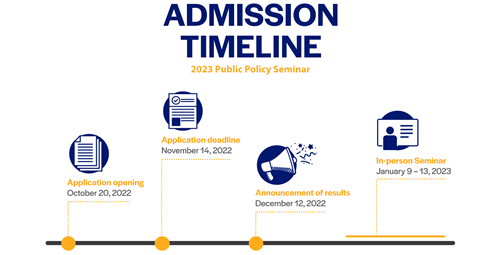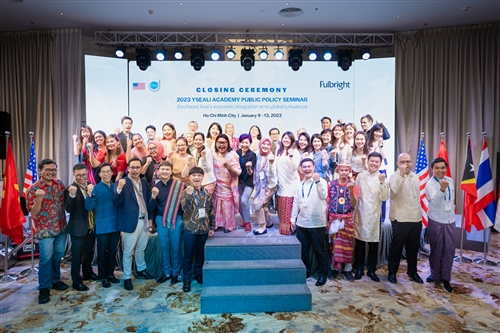🏙 Public Policy
January 2023
The seminar provides an overview of Southeast Asia’s economic integration, its trends, opportunities, and challenges in the context of current global turbulence, with a focus and perspective on policymaking. It will concentrate on selected issues facing Southeast Asia economic linkages and initiatives, including ASEAN Economic Community (AEC), Free Trade Agreements (FTA), Regional Comprehensive Economic Partnership (RCEP), Belt and Road Initiative (BRI), Comprehensive and Progressive Agreement for Trans-Pacific Partnership (CP-TPP), Indo-Pacific Economic Framework (IPEF) as well as the dynamics of FDI and other capital flows. It will also discuss the impacts on the Southeast Asian economy of global challenges such as COVID and other pandemics, supply chain disruption, rising inflation and tightening policies in large economies, energy tension, China’s economic slowdown, FED policy, US-China confrontation, and the war in Ukraine.
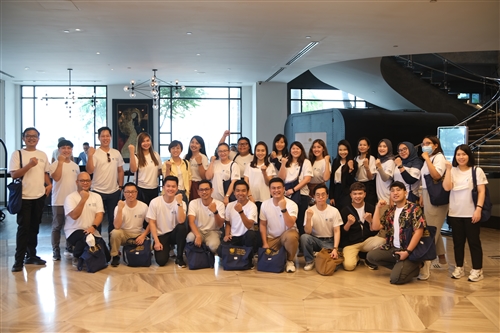
Curriculum
The seminar is conducted in diverse formats to maximize the engagement of participants, including lectures, field trips, panel discussions, team projects, and class discussions.
Team project: fellows from at least three nations will work in a team and work on a project related to the seminar theme. They are assigned in groups and start working on the project the week before the seminar. At the end of the seminar, they will deliver a presentation on various issues relevant to the seminar theme e.g., economic growth, digital economy, FDI, infrastructure, supply chain, policymaking, impacts of global challenges...of one or several Southeast Asian nations or major cities or major industries. Comparative and cross-nation analysis and views are appreciated in these team projects which are expected to add practical, diverse, bottom-up, and updated examples and perspectives of Southeast Asia to the seminar.
Click here to view the detailed curriculum of The 2023 Pulic Policy Seminar on Southeast Asia’s economic integration amid global turbulence.
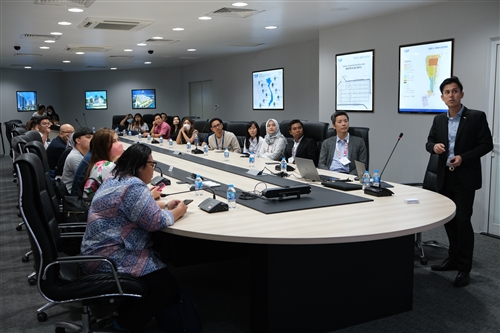
Speakers
The speakers and panelists for the 2023 Pulic Policy Seminar are well-known academics, researchers and company executives.
Click here to view the list of speakers joining The 2023 Pulic Policy Seminar on Southeast Asia’s economic integration amid global turbulence.
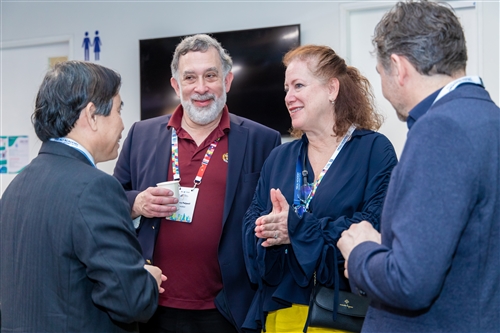
Fellows
About 35 YSEALI fellows who are young professionals between the ages of 25-40, highly qualified and motivated, from all 10 ASEAN member states and Timor-Leste.
Participants are required to commit at least 6 online hours for pre-seminar tasks (group assignments) from January 4 – 6, 2022, and at least 42 hours to in-person seminar activities in Vietnam from January 9 –13, 2022.
Therefore, participants are highly recommended to arrange their work to be fully committed during the period to participate productively in and achieve the most from the seminar.
Click here to view the list of fellows joining The 2023 Public Policy Seminar on Southeast Asia’s Economic Integration amid Global Turbulence.
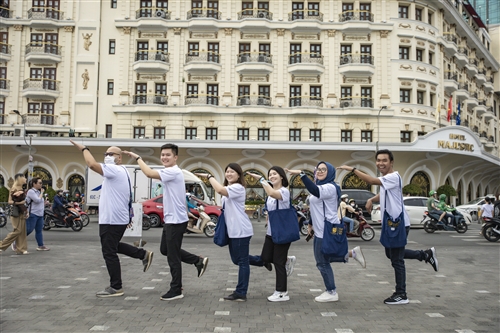
Admission Calendar
